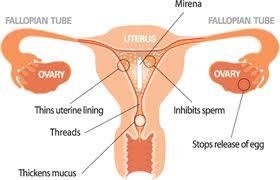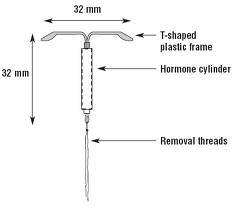What is Mirena?
If you happen to be reading this blog, you are probably already familiar with Mirena. In short, Mirena is a birth control device manufactured by Bayer Pharmaceuticals. It consists of a small, T-shaped container of flexible plastic that discharges constant doses of a hormone, levonorgesterel. Levonorgestrel thickens the wall of mucous lining the uterus and decreases the chances of pregnancy.
The Mirena intrauterine device (IUD) had its beginning in Europe in 1991. It was approved by the Food and Drug Administration (FDA) in 2000. Since then, there have been nearly 60,000 complaints made about Mirena to the FDA. The complaints range from to vaginal hemorrhage or bleeding.
Litigation against Bayer – The Mirena Lawsuit
Lawsuits against Bayer Pharmaceuticals for Mirena are becoming plentiful. The lawsuits allege that Bayer Pharmaceuticals:
- Misrepresented the benefits of Mirena.
- Concealed dangerous side effects of Mirena.
- Failed to warn about the possibility of spontaneous migration of the device.
- Deceptively marketed Mirena.
- Manufactured and distributed a defective product that they knew or should have known about.

Damages Sought In Mirena Lawsuits
The lawsuits women seek compensation for medical expenses, lost wages, pain, suffering, disability and disfigurement. Some people who have already filed lawsuits against Bayer are also seeking punitive damages, claiming that Bayer’s conduct was willful and wanton. A product liability complaint seeking punitive damages generally means that the claimant is alleging that the product manufacturer knowingly released a defective and unsafe product for public use.
Should I Contact A Lawyer If I Suspect I Have A Mirena Case?
The quick answer is “Absolutely.” Willens & Baez offers a free Mirena Case Review. If you have a valid case, you will need a lawyer to develop your case, no matter if it is straight forward or not. The pharmaceutical companies have talented lawyers on their side who will undoubtedly aggressively defend these cases by showing that their products are generally safe and that, if there any side effects, they warned doctors and end users in advance. Having a skilled and experienced lawyer on your side is critical to leveling the playing field.












